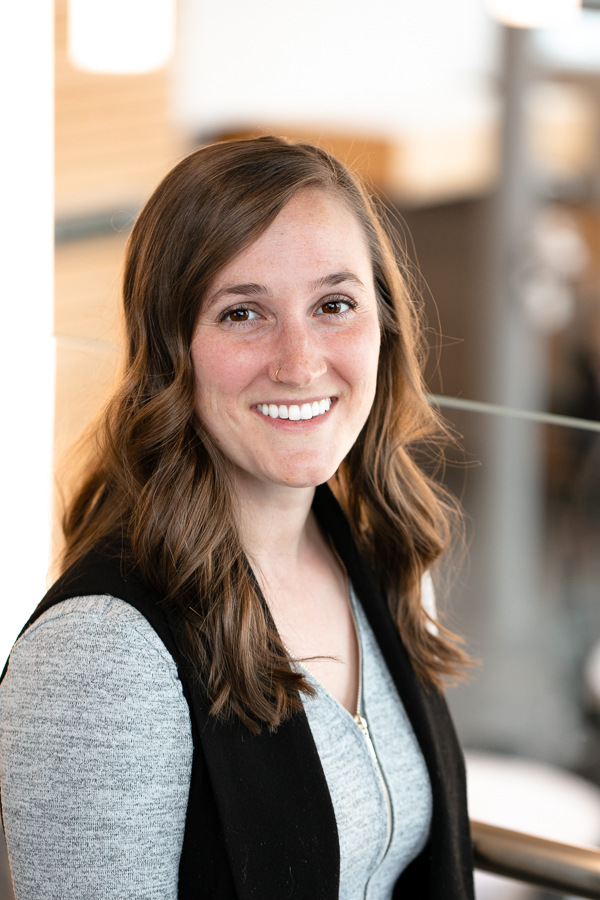Blog Contributor: April Sorenson

Photo: Faculty members from the Environmental Sustainability Research Centre lead a workshop for the members of the Senior Management Team at the Town of Lincoln to assist in the development of a Brock-Lincoln Living Lab Action Plan.
What happens with the abundance of knowledge and research generated by universities? Usually, it stays within academic spheres for years or decades before reaching the communities that would benefit from it. In this way, the knowledge is not “mobilized” efficiently. Brock University’s Environmental Sustainability Research Center (ESRC) is attempting to change this through their innovative community partnerships. The Brock-Lincoln Living Lab is one of five partnerships that the ESRC has undertaken over the past several years in order to mobilize knowledge in the community. Living labs are user-centered, open innovation systems that integrate research and innovation processes in real–life communities. The Brock-Lincoln Living Lab is a five–year partnership between Brock University and the Town of Lincoln that strives to bridge the gap between theory and practice in order to solve complex sustainability challenges.
Both Brock University and the Town of Lincoln benefit from this partnership. Students in the Master of Sustainability graduate program are able to gain work experience through research assistant opportunities, co-op work placements and through hands-on projects in a graduate course called Problem Solving in the Environment (SSAS 5P03) where they are taking on consulting projects for the Town in Winter 2020. The Town also benefits from these types of experiences because the research that students complete can better guide policy decisions and provide evidence–based solutions to ongoing sustainability challenges.
In 2019, one of the specific projects undertaken by this partnership involved working with the Senior Management Team to create an Operational Action Plan for the Brock-Lincoln Living Lab. So far, the partnership has produced a report of the existing assets in the Town and a needs assessment was also conducted to help guide future action. Overall, this partnership is an opportunity to improve the local community through collaboration and innovation. The Brock-Lincoln Living Lab is one of the first partnerships of its kind and is leading the way towards effective sustainability action in the local community.










